For centuries, farmers in the north-western state of Bihar in India have painstakingly grown and harvested an incredible superfood known as makhanas.
However, in recent years, these rural farmers have finally developed a new and innovative way to both harvest and prepare the widely sought-after seeds, making their lives a whole lot easier and the potent superfood more readily available for people around the world.
What Are Makhanas?
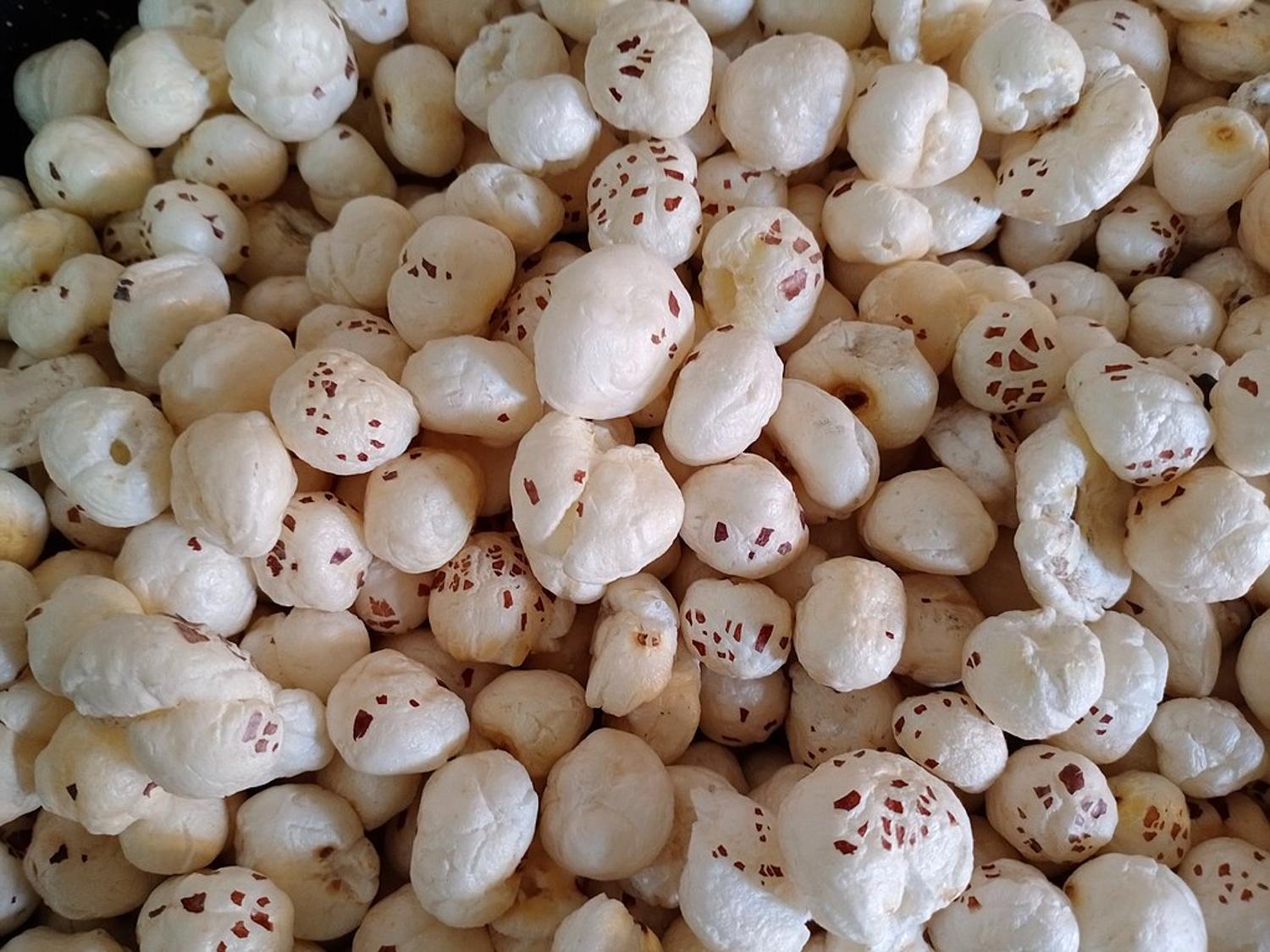
Makhanas, also known as fox nuts or lotus seeds, are tiny seeds that have been popped, similar to popcorn. While some enjoy them as a snack, others add makhanas to their favorite dishes, such as soups, curries, fried rice, noodles, and more.
These tasty and versatile little seeds are full of essential nutrients, including calcium, magnesium, iron, and phosphorus. They’re also rich in antioxidants, help stabilize blood sugar levels, support natural weight loss, promote heart health, and even have anti-aging properties.
Makhanas Are Harvested From a Specific Kind of Water Lily
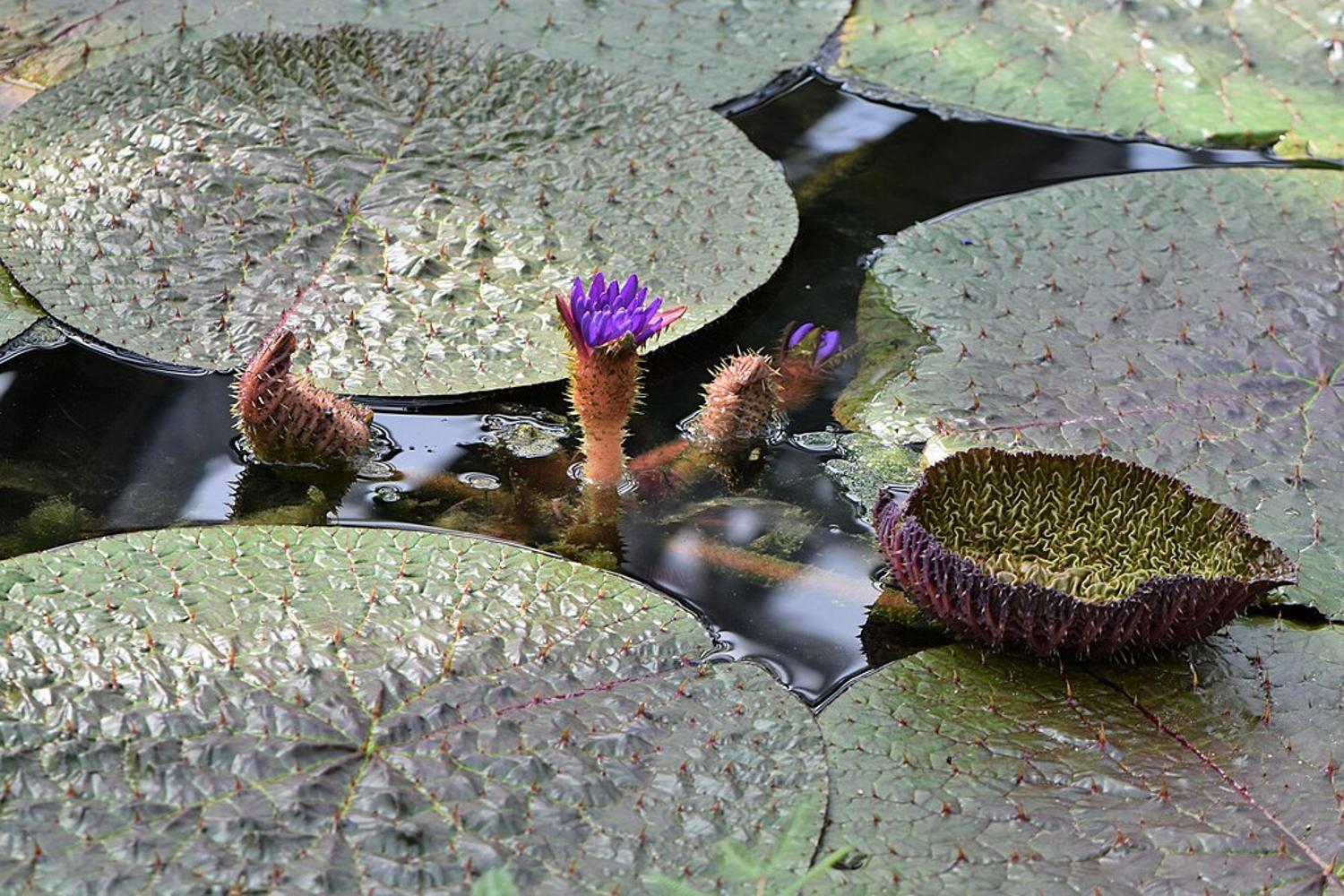
Makhana seeds are harvested from a very specific and unique kind of water lily called the Euryale ferox.
Often called the prickly water lily, as its stems are covered in a thick layer of thorns, the Euryale ferox grows up through fresh water to produce large lily pads, which sometimes reach up to three feet wide.
90% of the World’s Makhanas Are Grown in Bihar, India
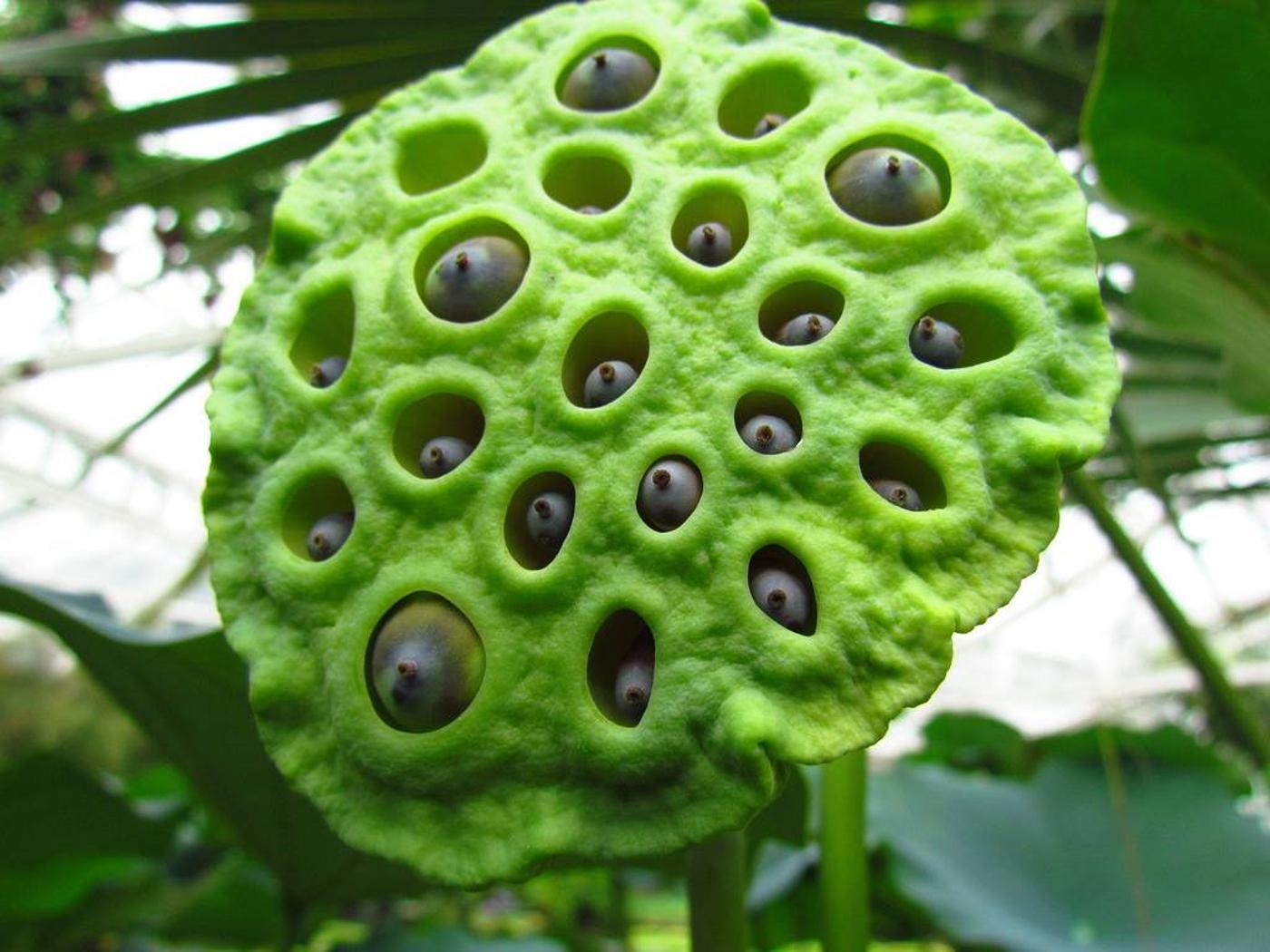
Although Euryale ferox water lilies can naturally be found across southern and eastern Asia, more than 90% of all Euryale ferox farms can be found in the northern state of Bihar in India.
The region has been growing these plants and harvesting the delicious and nutritious seeds for centuries. However, it has been anything but easy work.
The Harvesting Process Is Grueling Work
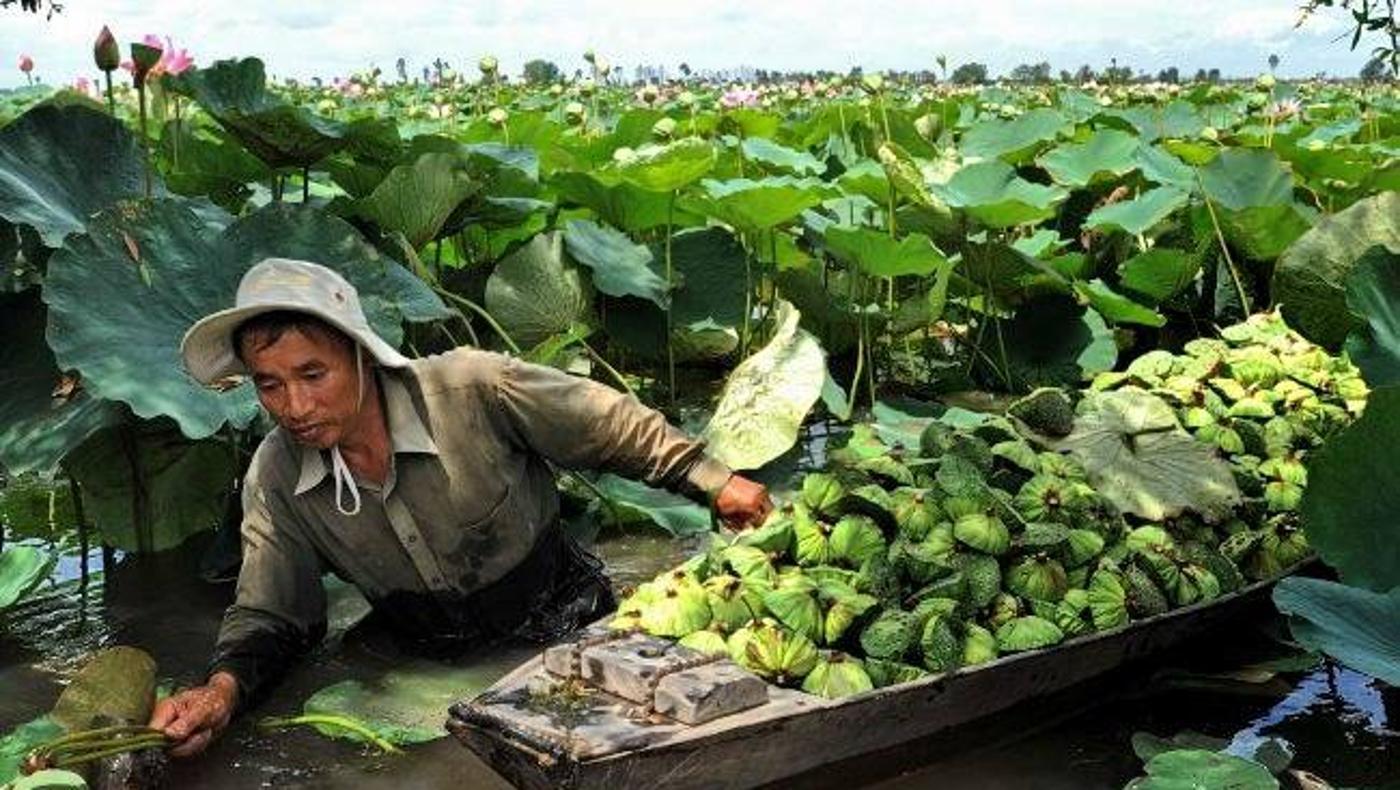
Phool dev Shanni followed in his father’s footsteps and became a makhana farmer. He told the BBC that for years, he and his father would dive to the bottom of eight-foot-deep muddy ponds to painstakingly collect the tiny seeds growing at the bottom of the large plants.
Shahni explained, “I used to dive in 7 to 8 feet of water for hours a day – coming to the surface to breathe after eight to ten minutes.”
Makhana Farmers Suffered for Their Work
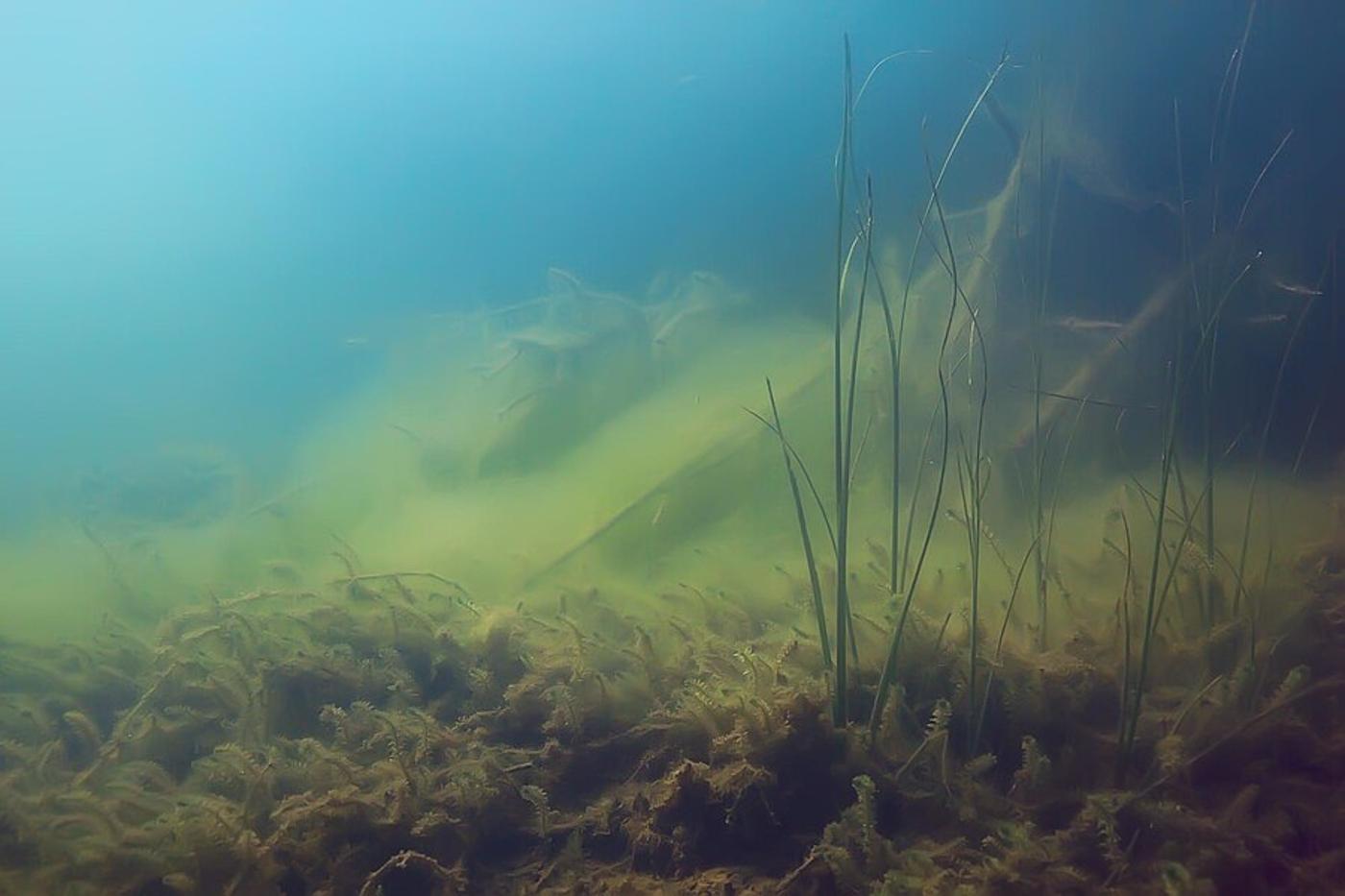
Shahni continued, “While we are at the bottom diving, mud enters our ears, eyes, nose, and mouth. Lots of us have skin issues due to this.”
“Also, the plant is covered in thorns, which give us cuts all over our body during harvesting of the seeds,” he said.
Finding a Better Way to Harvest Makhana
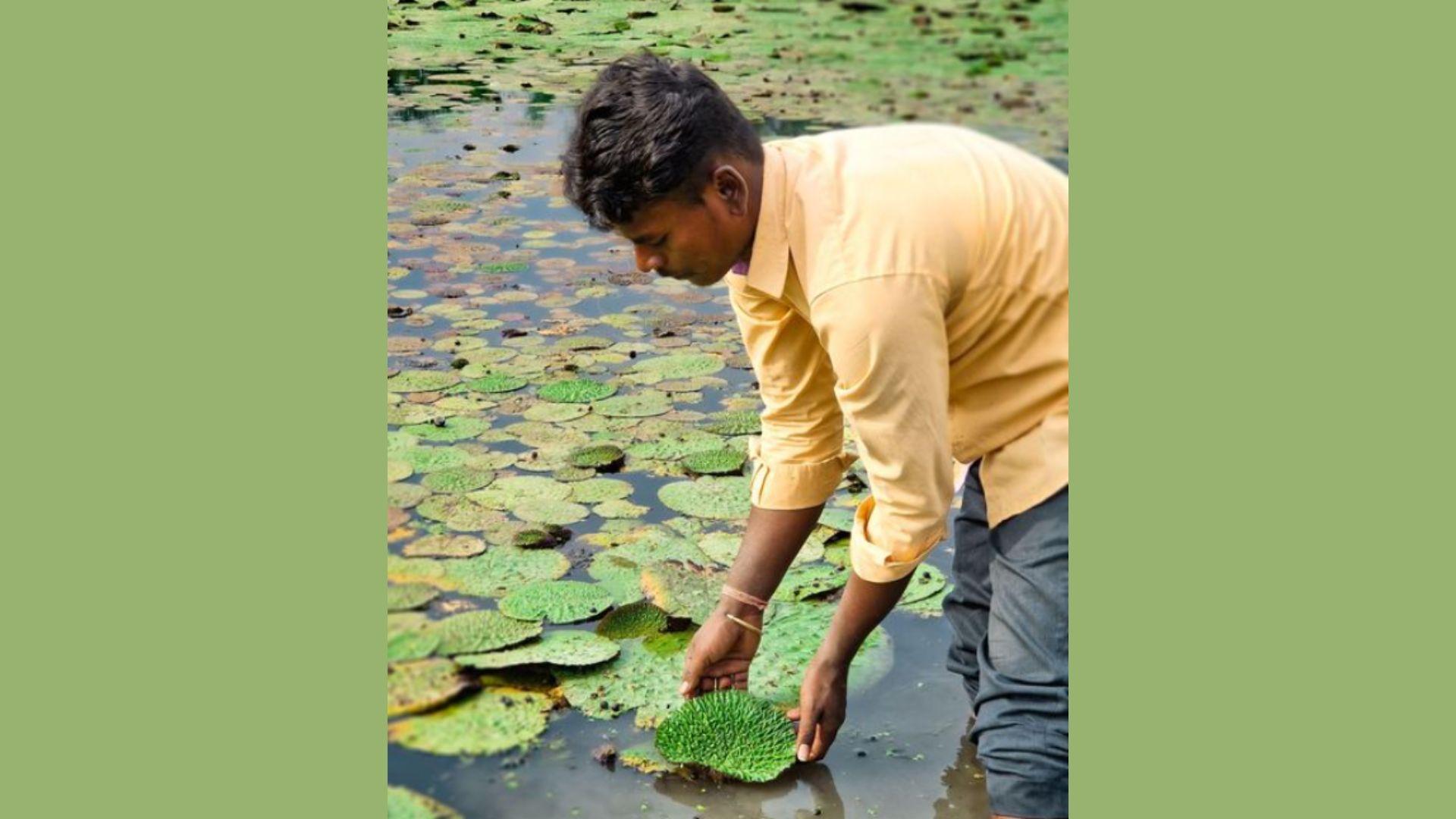
However, over the decade, Shahni and his fellow farmers have worked tirelessly to find a better way to harvest these nutrient-rich seeds. Now, they finally have a solution to their age-old problem.
Now, the water lilies are grown in shallow water fields instead of deep ponds where they naturally grow.
Just One Foot of Water Instead of Eight
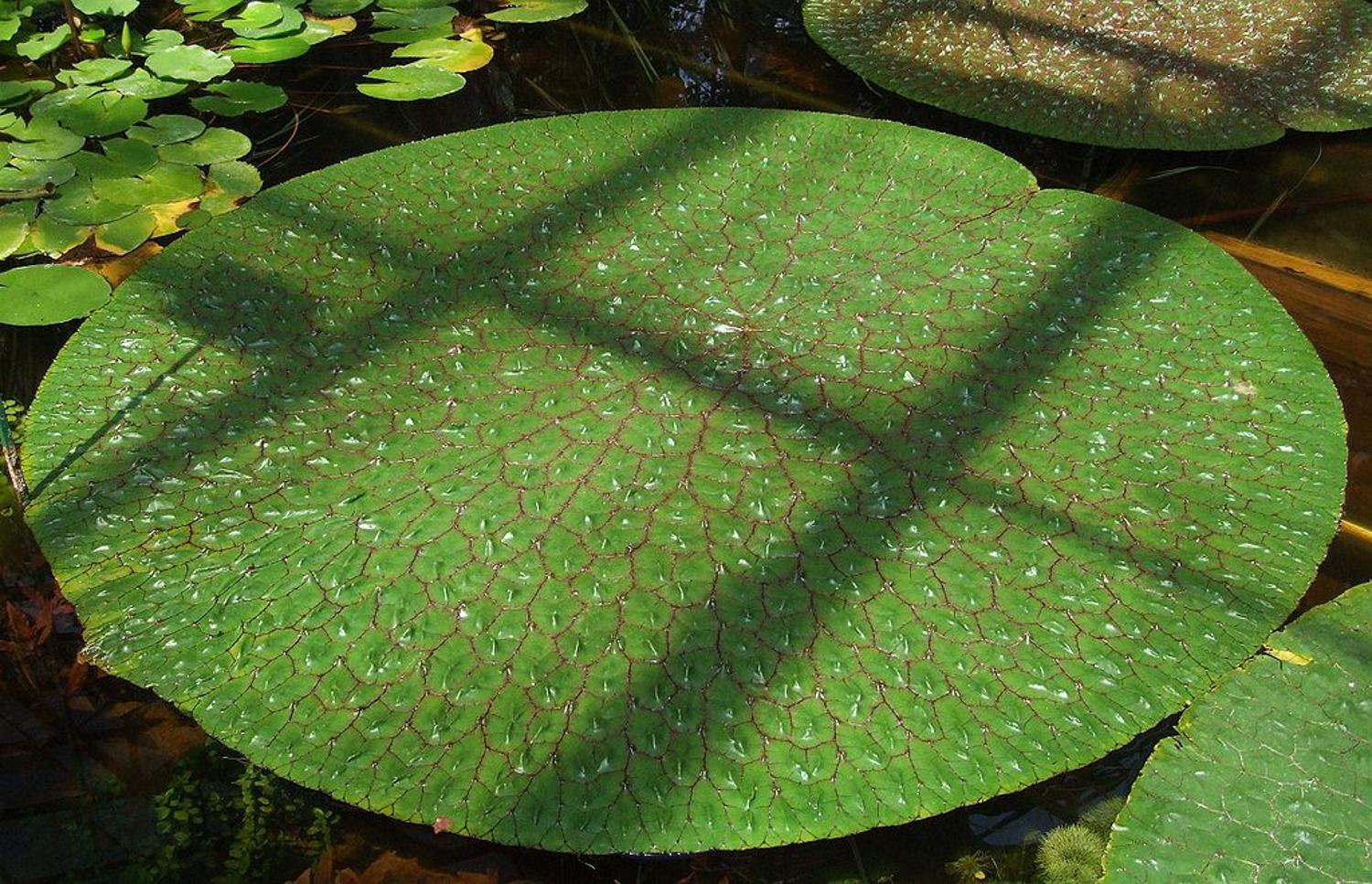
The new cultivation system allows the Euryale ferox to grow in just one foot of water rather than the eight-foot-deep ponds, so the farmers don’t have to dive underwater at all.
All they need to do now is walk around the field and reach down to pull up the makhanas growing under the lilypad. Shahni explained, “It’s still hard work, but I am proud of my tradition. I have three children, and I will make sure that one of my sons continues the legacy of working in a fox nut field.”
Makhana Farmers Now Make Twice as Much Money in One Day

The new innovative cultivation process means Shahni makes more than twice as much money harvesting every day as he used to.
While this is certainly wildly exciting for farmers, it’s not the only change they’ve made to the process. They have also developed a new way to produce the growingly popular seeds.
How Were Makhana Seeds Produced?
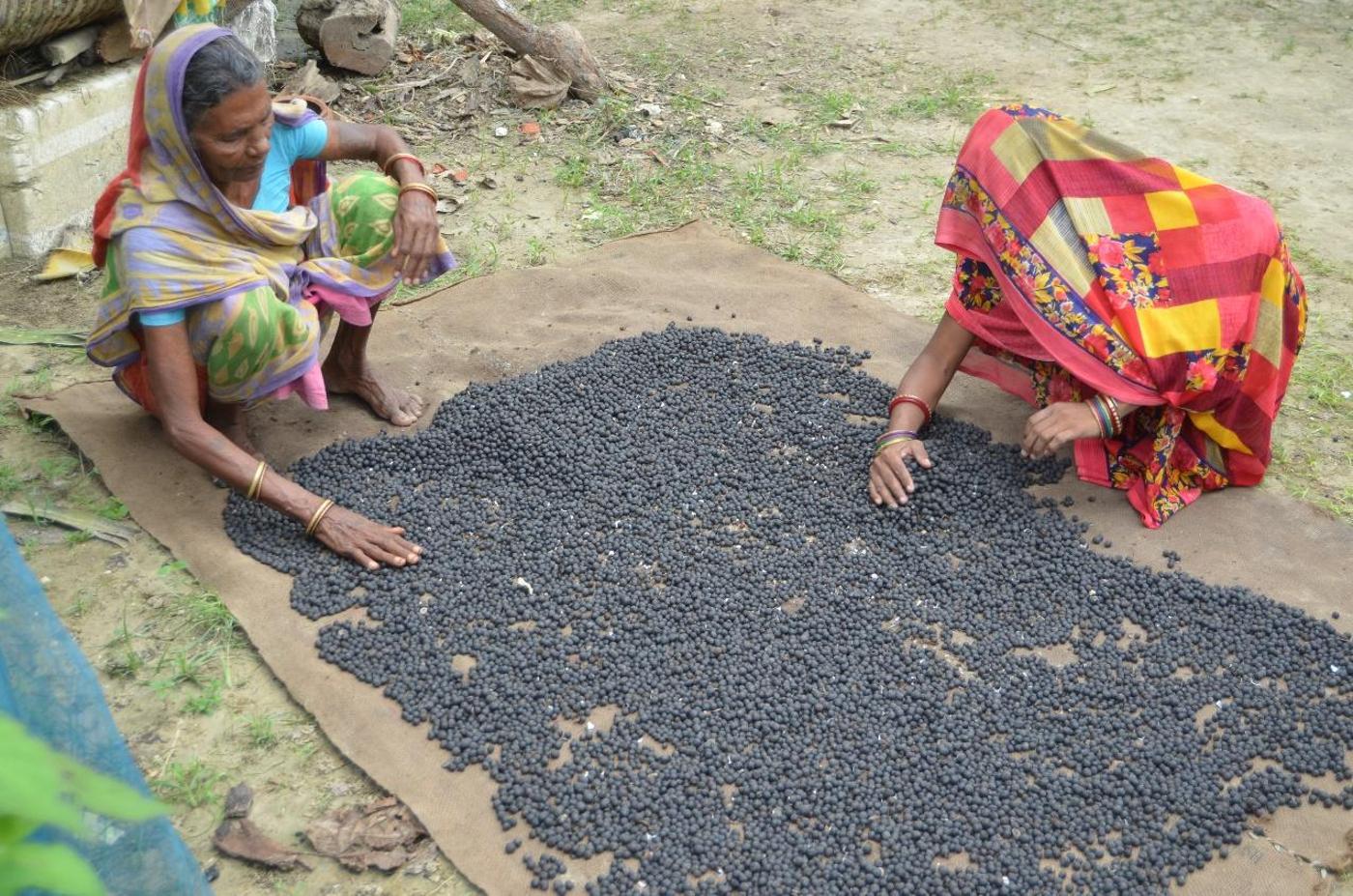
Historically, once the farmers dove deep into the ponds for hours and retrieved the tiny seeds, other community members would wash the makhanas and then lay them in the sun to dry. After some time, they would slowly but surely hit each seed with a small mallet-like tool to make them pop into a popcorn-like shape.
Shambhu Prasad, the founder and chief executive of Madhubani Makhana, a cooperative of makhana farmers around the state, explained, “The method is crude, unhygienic, and risky. It is laborious, time-consuming and a number of times leads to injuries and burns.”
The New Makhana Grader Has Changed Everything
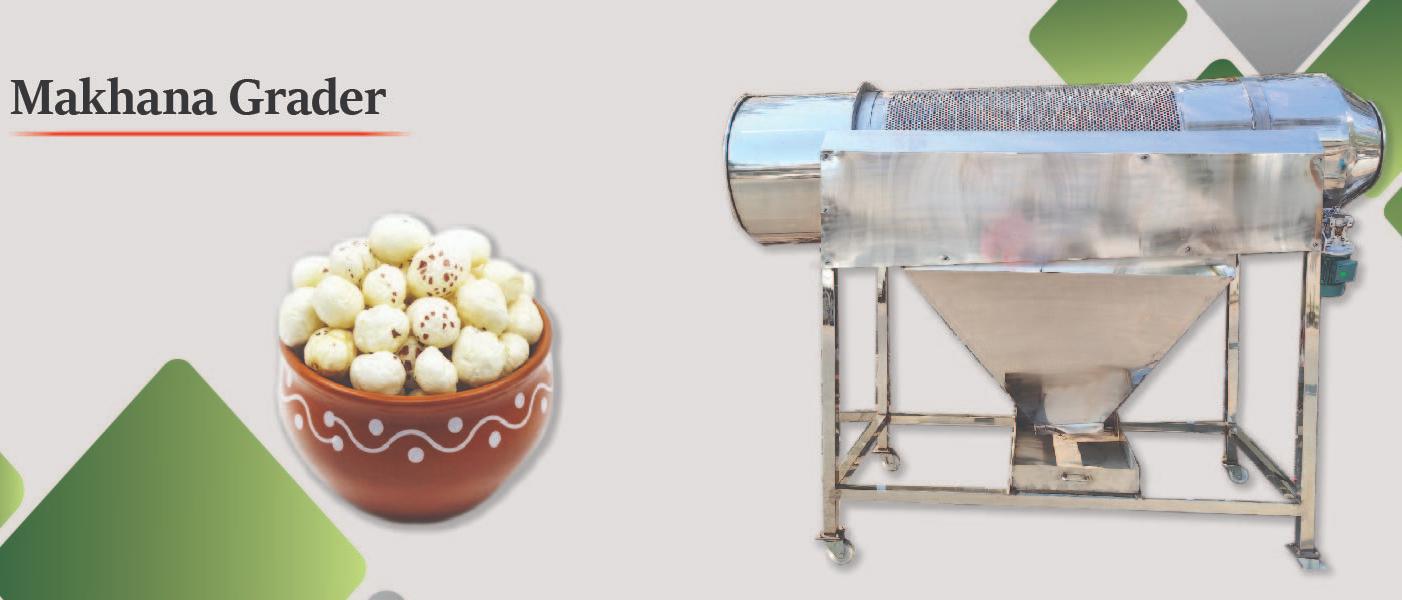
In response to this reality, members of the Madhubani Makhana designed and built a machine known as the Makhana Grader that roasts and pops seeds.
Prasad explained, “This has helped us increase the quality and the production of fox nuts.” And continued, “It’s the beginning of innovation in Bihar when it comes to fox nut harvesting. It will change the landscape of the state.”
Makahanas May Become Far More Popular Than Before
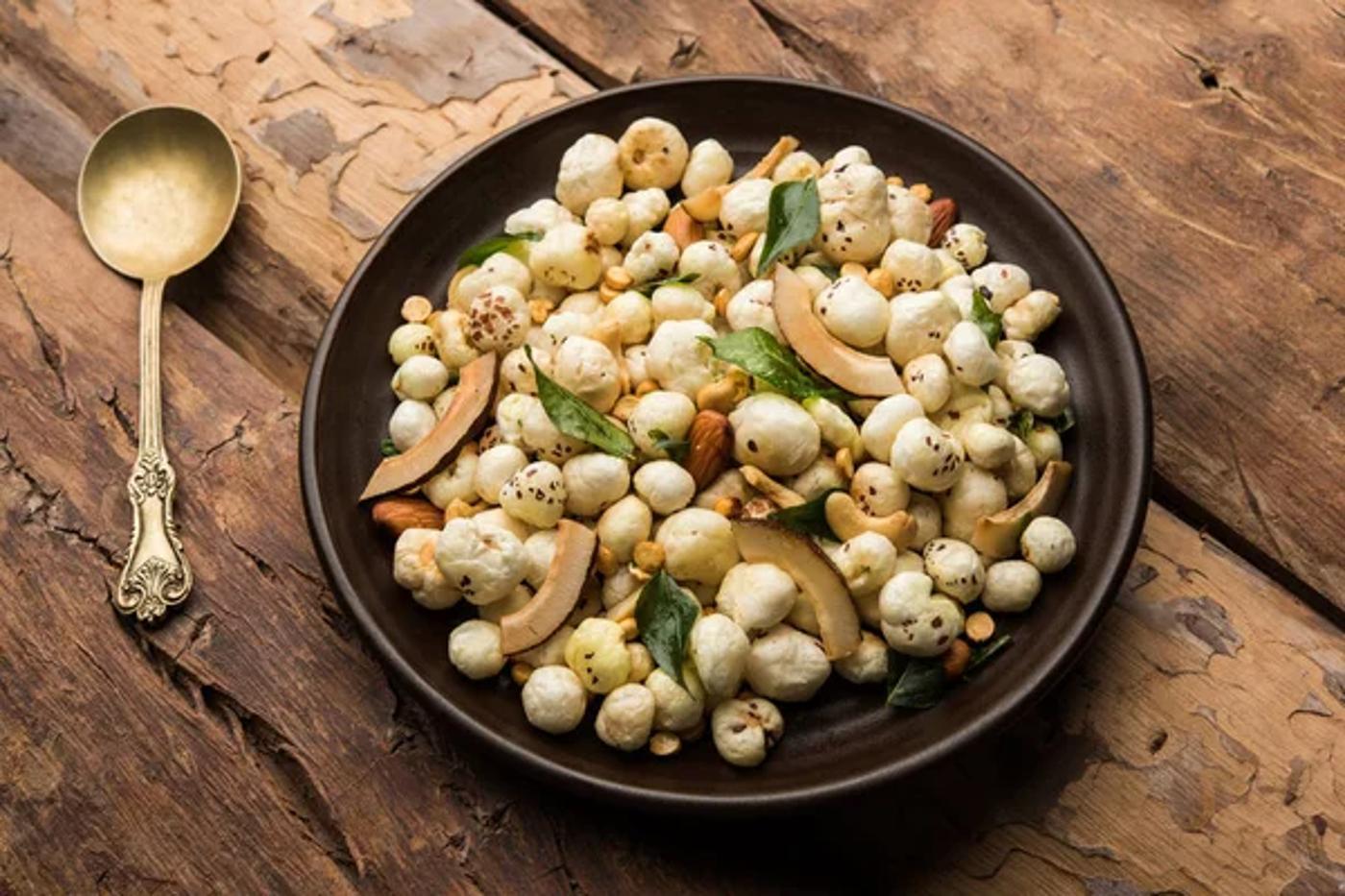
Prasad, Shahni, and the other makhana farmers say these developments will make farming and manufacturing makhanas easier, make the farmers of northern India more money, and make these delicious seeds more readily available for the masses at an affordable price point.
In fact, many believe that makhanas will quickly become one of the most popular superfoods in India and around the world. They may even be on the shelf at your local supermarket.








































